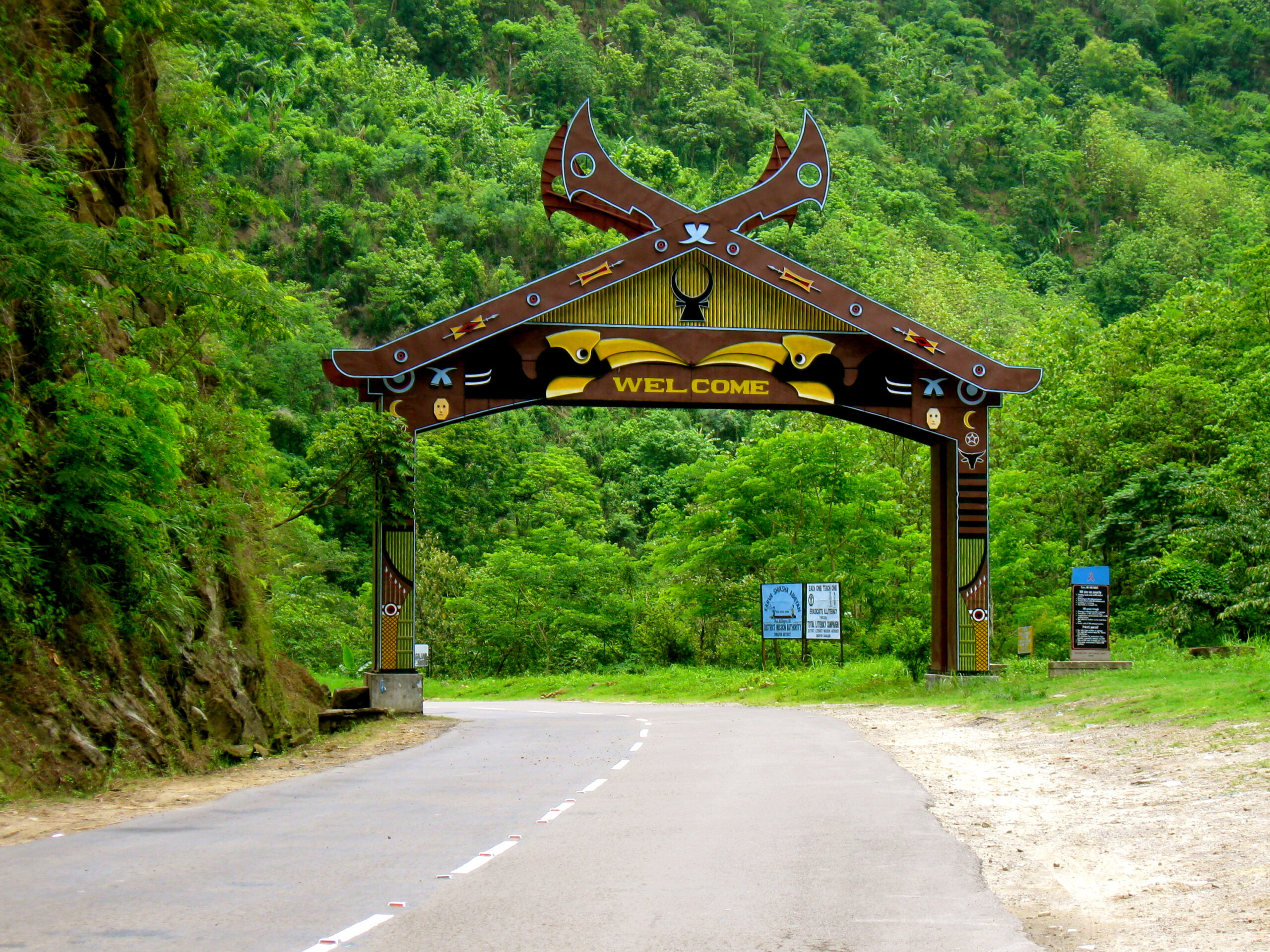Festivals in India are an excuse for people to throw caution to the wind and cause air, soil, water, light and noise pollution with an excuse of celebration. Since the festivals have religious significance in the country, it becomes difficult to convince people to avoid the celebratory rituals that cause pollution. Because of this, if the country has walked one step forward towards environmental sustainability or reducing pollution by being responsible throughout the year, it takes 100 steps back on the days of festivals.
Many socialists and environmentalists have raised their voice to express their concern about the situation during festivals. However, since religion is a sensitive topic, it has generated a lot of controversy. Amidst this festival chaos, a tribe called as Konyak Nagas in Nagaland has perfect celebratory rituals for its harvest season festival ‘Lao-ong Mo’.
Lao-ong Mo is celebrated after the completion of harvest. The festival is often celebrated district-wide, where there are several varieties of food. The cutlery is all made of bamboo or banana leaves, making it 100% biodegradable. Availability of fresh water reduces the use of tissue paper at the event.
The elaborate decorations for the event are also made using 0% plastic. Often grains and crops are utilised for the purpose. The biodegradability of the waste produced at the event is a conscious effort by the tribe to honour their ancestors who lived off the earth that they live on now.
Another astounding practice that Nagas can teach us is that of honesty. All through the year, Nagas grow certain crops. To sell the yield, they leave the produce at a stall at the market, with no one to supervise it. The unlocked box is kept by the produce for people to put the money in and take the change back for the products they need. The prices are mentioned on the board beside the produce. At the end of the day, the money in the box is never less than what they would have made by selling that amount of products.
There are certain lessons that cannot be taught through education, infrastructure and other resources. Being sensitive towards the environment and honest towards the society are among those lessons. The state is certainly not the most developed state in the country. The infrastructure is in a sorry state. The illiteracy rate is very high. Even then, these tribal people have figured out a way to live in harmony with each other as well as the environment.


